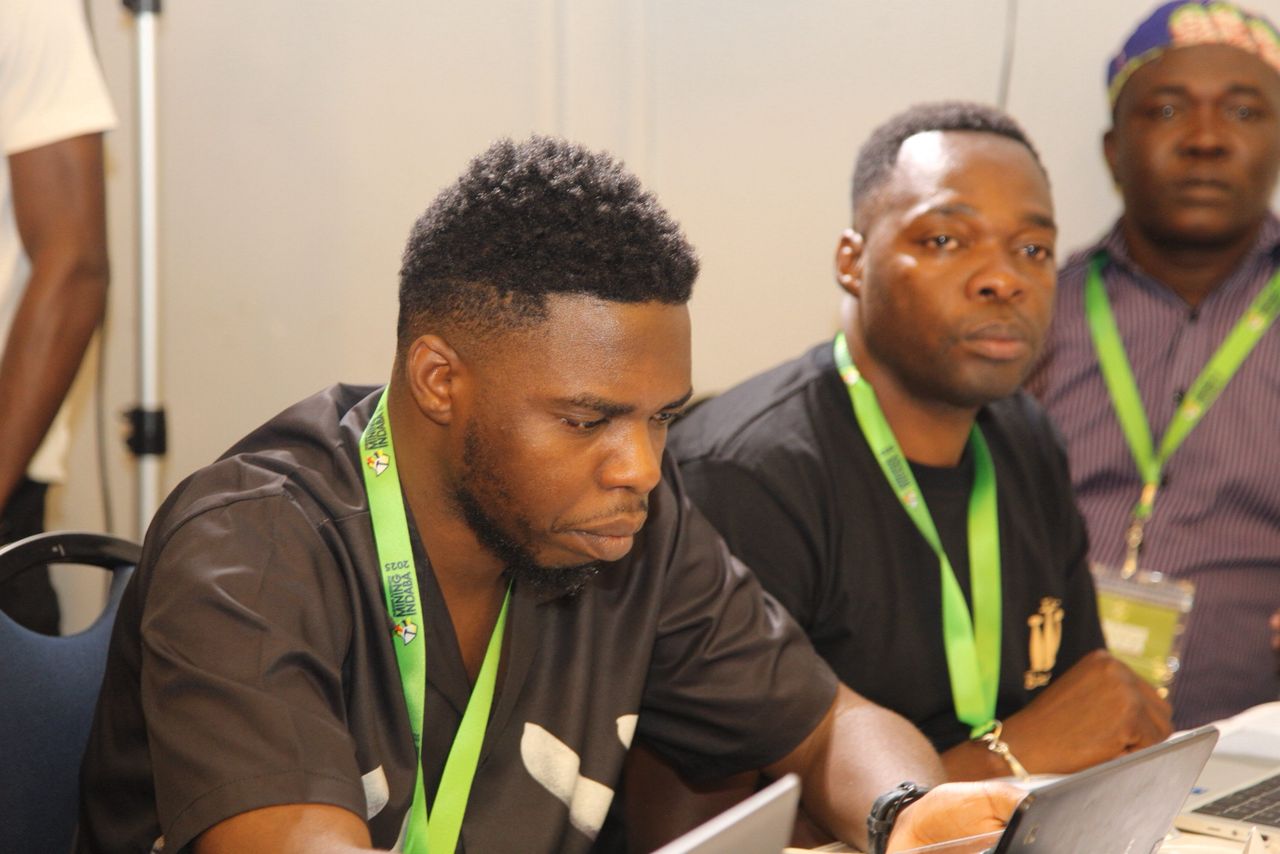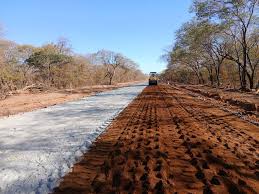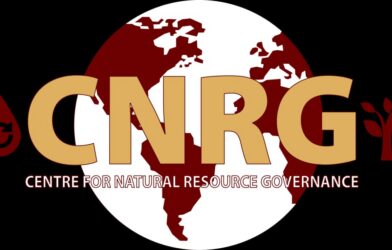Subtotal $0.00
Bulawayo — The 14th edition of the Zimbabwe Alternative Mining Indaba (ZAMI) convened in Bulawayo, spotlighting a transformative vision for Zimbabwe’s mining sector under the theme “From extraction to sustainable development: Unlocking Zimbabwe’s mineral wealth for inclusive growth in the just energy transition.” The event deepened commitments to justice-centered natural resource governance, amplifying marginalized voices for a people-powered mining future.
ZAMI 2025 brought together a diverse array of stakeholders, including mining host community representatives from as far as Mutare, Hwange, Gokwe, Buhera, Bulawayo, Penhalonga, Chinhoyi, and Mutoko. Civil society and faith-based organizations, parliamentarians, government ministries, mining companies, development partners, and regional networks also joined the dialogue aimed at reshaping Zimbabwe’s extractive industries.
Jussa Kudherezera, Director of the Manica Youth Assembly (MAYA), reflected on the importance of the event’s focus. “We are pushing for a mining sector where wealth belongs to the people and not the elites. Justice in mining cannot be realized without gender justice, which must occupy a central place alongside youth concerns,” he said.
This year’s ZAMI underscored the critical role of gender and youth inclusion in advocating for mining policies that promote equitable benefits. Zimbabwe, having pioneered the national alternative mining indaba, marked 14 years of grassroots-led engagement and critical dialogue on mining governance and community rights.
Central to the discussions was the urgent call for a just transition from fossil fuels to renewable energy. Across Africa, including Zimbabwe, lithium mining increasingly poses environmental and social challenges. Particular concern was raised over riverbed mining practices in Odzi and Penhalonga, where communities suffer from polluted rivers and health risks.
“The pollution from mining activities is severely affecting our livestock and contaminating our water sources. Our villages are bearing the cost of unsafe water,” noted a local community representative from the affected areas.
The Manica Youth Assembly, a youth advocacy group present at the Indaba, reaffirmed the need for youth leadership and community participation in decision-making. “Renewable energy must form the backbone of Zimbabwe’s mining future to reduce our dependence on fossil fuels, and our communities must be actively involved in shaping these policies,” said a spokesperson for the Assembly.
Kudherezera issued a rallying call to all stakeholders, particularly the youth, to hold mining operators accountable for ensuring that communities benefit materially from mineral wealth. “Young people must be frontline guardians of community interests, ensuring transparency and beneficiation in mining practices,” he insisted.
His sentiments were echoed by Malvin Daka of Vostile Creatives, a youth-focused civil society organization. “It is inspiring to see the youth taking charge in demanding fairness in mining. Accountability is not an option; it is a necessity if we want meaningful transformation,” Daka stated.
The two-day event facilitated critical reflection, shared learning, and collective strategizing on how Zimbabwe’s mineral wealth can be harnessed sustainably and inclusively. Discussions reiterate that sustainable development in mining is not just about economic growth but also about social justice, environmental protection, and empowering communities.
ZAMI 2025’s emphasis on feminist and people-powered mining aims to foster policies and practices that protect marginalized groups and youth, aligning with Zimbabwe’s broader goals for equitable and sustainable development. By centering citizen voices and reinforcing regional cooperation, the Indaba continues to build a platform advocating for a just future for Zimbabwe’s extractive sector.
As the country faces mounting environmental and socio-economic challenges linked to mining, the voices and demands articulated at ZAMI send a clear message: wealth must be shared, environmental safeguards prioritized, and policies reformed to ensure Zimbabwe’s mineral riches benefit all citizens rather than a select few.
This collective effort by civil society, communities, government, and industry stakeholders signals an important step toward building a more just, inclusive, and renewable energy-driven mining sector in Zimbabwe, contributing to a national and regional framework for sustainable development that respects human rights and environmental integrity.













